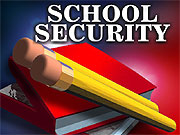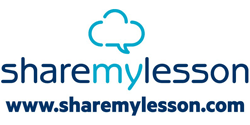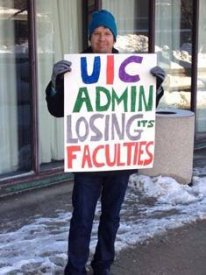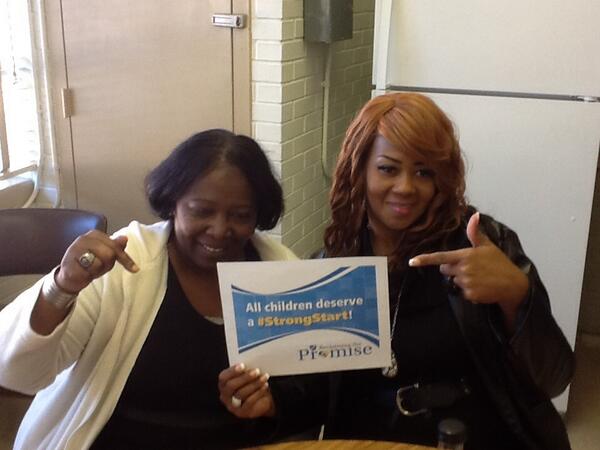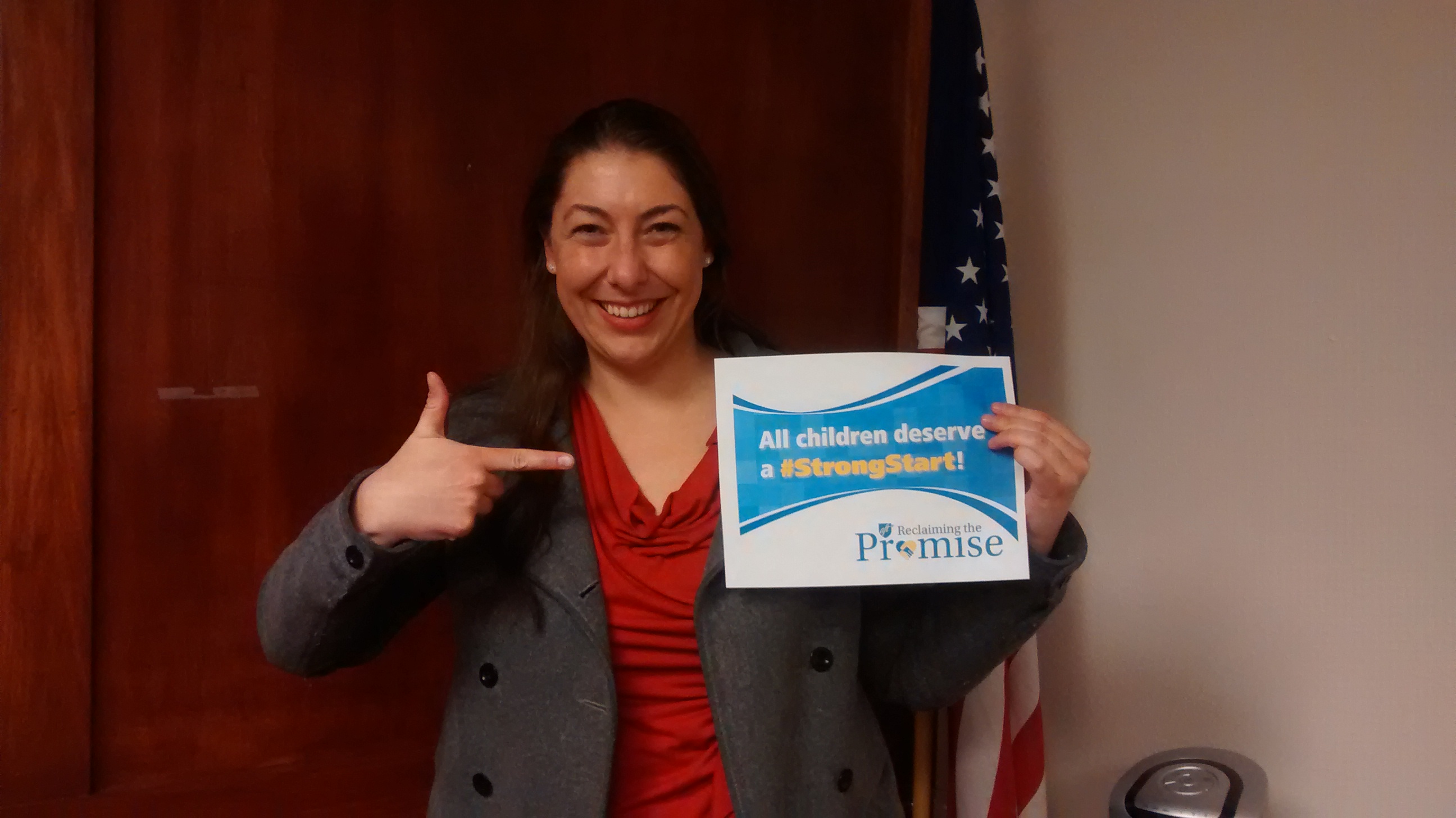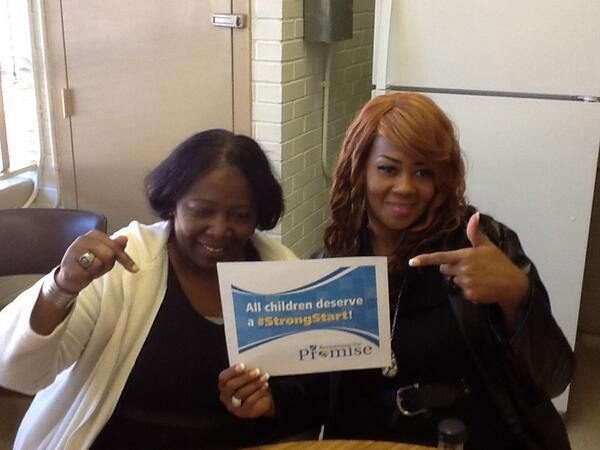On March 21-22, the AFT will host an educators’ summit on school discipline.
The summit will bring together teachers, support personnel, school-based mental health professionals, superintendents and administrators to help change school climates by identifying alternatives to suspensions and developing strategies involving restorative practices. The summit comes at a time when the buzz around school discipline policies continues to grow. On Jan. 8, Attorney General Eric Holder and Secretary of Education Arne Duncan announced new guidelines aimed at ensuring that school discipline policies are equitable and effective. That same day, the AFT and the Albert Shanker Institute hosted a symposium to explore how rigid school discipline policies like “zero tolerance” are effectively discriminatory and steal opportunity from great numbers of students, particularly children of color.
Read Loretta Johnson’s Column on School Suspensions here
A New Path Forward On School Discipline Practices- AFT Statement
Later this month, on March 21-22, the AFT will host an educators’ summit on school discipline. The summit will bring together teachers, support personnel, school-based mental health professionals, superintendents and administrators to help change school climates by identifying alternatives to suspensions and developing strategies involving restorative practices.
Data show that boys of color are disproportionately affected by disparate treatment that typifies zero tolerance and other ineffective discipline policies. According to the Civil Rights Project at UCLA, 3.3 million students were issued out-of-school suspensions in the 2009-2010 school year. Of those students, African-Americans were found to be three times more likely than their peers to be issued an out-of-school suspension, a punishment also handed out to nearly 1 in 13 Latinos.
“What started as a push for safe, secure schools now has become the only response to any infraction,” says AFT President Randi Weingarten of zero tolerance.
Divisive approaches like zero tolerance create “a really alienating environment” for many students, Weingarten says, which is made worse by school reforms that cause tests to proliferate rather than provide real supports like counseling for kids and professional help in classroom behavior management.
During its February meeting, the AFT executive council adopted “Reclaiming the Promise: A New Path Forward on School Discipline Practices,” a policy statement that recommends a number of changes in current policies and practices that the AFT believes would have a positive impact on school discipline disparities. They include ongoing professional development for all school staff; funding for mental health services and other supports; investments in social and emotional learning; collaborative analysis of school discipline data; the restoration of critical school personnel such as counselors, psychologists, nurses and social workers; the inclusion of students, families, educators, support personnel, juvenile justice professionals and other community members in the development of school improvement plans; and the implementation of alternatives to suspension and expulsion to manage student behavior.
Rep. Keith Ellison (D-Minn.), who took part in the AFT symposium, believes teachers are in a unique position to work with parents and others to develop alternatives to zero-tolerance policies, which often feed the school-to-prison pipeline. Zero-tolerance policies, test-based sanctions and federal sentencing guidelines wrongly take frontline experience and discretion out of key decisions, Ellison says, and they foster a “zero-sum, winners and losers” approach to opportunity and advancement in America.
In a recent op-ed in the New York Times, Robert K. Ross and Kenneth H. Zimmerman noted that “too many schools still use severe and ineffective practices to address student behavior.”
“Large numbers of students are kicked out, typically for nonviolent offenses,” the article continues, “and suspensions have become the go-to response for even minor misbehavior, like carrying a plastic water gun to elementary school or sometimes simply for talking back.”
Rather than teaching kids a lesson, Ross and Zimmerman wrote, “these practices increase dropout rates and arrest rates—with severe social and economic consequences.”
So how do we develop alternatives to policies like zero tolerance that have proven to be discriminatory and largely ineffective—policies, practices and resources that give teachers, administrators and other educators the tools they need to maintain safe and healthy learning environments?
Holder and Duncan announced the new national guidelines at Frederick Douglass High School in Baltimore where a new discipline policy has dramatically reduced suspensions. In a recent Education Week column, AFT Secretary-Treasurer Lorretta Johnson, who is a Douglass alumna, called the school “a shining example of a public school that has seen marked student improvement since it changed its discipline practices and implemented other reforms to improve student achievement.”
“I am particularly pleased with what Douglass High School has accomplished and am confident others can achieve success by implementing smart, well-funded revised discipline policies and other reforms that will help reclaim the promise of public education for all students,” Johnson wrote.
Baltimore Teachers Union President Marietta English sees and feels a different atmosphere when she visits Douglass. “The school has definitely turned around,” says English, who credits the relationship building that has taken place between teachers and other school staff and students at the school. “They’ve built great relationships, and you see it in the students’ attitude toward school.”
English says that there are some aspects of the Baltimore school district’s new code of conduct, which was crafted by educators, parents, students and other stakeholders, that need to be revisited. “We’re not proponents of kicking kids out of school, but we do believe that there’s a need for alternative placements for those students who need more intensive supports before they are returned to the classroom.”
She is quick to add, however, that the code of conduct has been a real success, reducing the number of suspensions and expulsions, and bringing down the dropout rate. “Good things happen when teachers and students feel that they have been part of the process.”
Some AFT affiliates, including the United Federation of Teachers in New York City and the Peoria Federation of Teachers in Illinois, are taking on the issue of discipline codes and student behavior as part of a pilot program funded by a grant obtained by the AFT from Atlantic Philanthropies.
The UFT is part of a consortium called the Institute for Understanding Behavior, whose goal is to “improve student achievement and social/emotional competence by providing schools with a systemic approach to understanding, assessing and supporting positive student behavior.”
In Peoria, a broad coalition of stakeholders, including the school district, parent groups, the union and a cross section of community organizations, formed a “school discipline collaborative.” The initiative targets Peoria North, a program housed at Peoria High School, and the Woodruff Career and Technical Center.
Professional development for teachers and other school staff and strong partnerships with community service providers are essential elements of the Peoria program. One of those partnerships is with FamilyCore, which has two full-time staffers based at Peoria North who work directly with students and staff. “The FamilyCore staffers are on hand to provide immediate intervention when there’s a discipline problem,” says Makeba Barnes, a grant consultant for the Peoria program.
The aim, she says, is to immediately address the situation—with the goal of keeping kids in the school community and returning them to their classrooms as soon as possible.
At Woodruff, training provided by the community organization Positive Action is designed to both empower students and create an atmosphere of mutual respect between students and teachers. In addition, teachers and other staff at Woodruff receive ongoing professional development around such topics as cooperative learning and student engagement strategies.
Improved attendance, less tardiness, increased parent involvement, better student achievement, and reduced suspension and expulsion rates are the major goals of the Peoria program.

